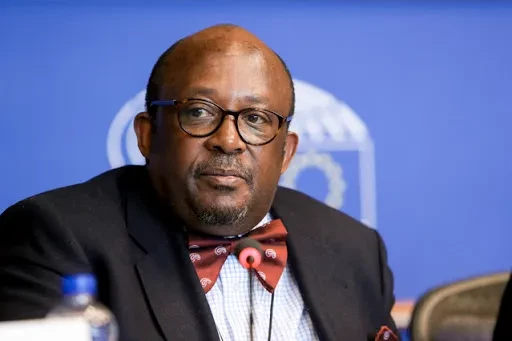
THE CEO Africa Roundtable (CEO ART) has roped in an American-based organisation, Atlanta Black Chambers (ABC), in an investment scouting programme in the country.
The Zimbabwe embassy in the United States (US) facilitated engagements between the chamber and the CEO ART, who are co-hosting the programme with the Zimbabwe Investment and Development Agency and the Confederation of Zimbabwe Industries.
The ABC is a non-profit organisation consisting of individuals engaged in business, community and government activities and advocates the creation and growth of competitive, profitable, and sustainable black-owned entities.
This comes as six representatives of the organisation led by the head of the delegation, Ricardo Berris, are on a mission to seek investment opportunities in southern Africa, including Zimbabwe.
The delegation will be in the country until March 17, 2024.
Addressing the media at a press conference on Sunday, CEO ART chairperson Oswell Binha said the programme is set to foster trade, investment, and cultural exchange between US, the African diaspora and Zimbabwe.
“We applaud their efforts to foster trade, investment, economic cooperation, and cultural exchange between the USA and Zimbabwe,” he said.
“The Atlanta Black Chambers, led by the head of delegation, Ricardo Berris, are on a productive visit that began in South Africa, has now come to Zimbabwe and Zambia, intending to explore business opportunities, promote trade partnerships, and strengthen ties between the African diaspora and Zimbabwean business communities.”
- CEOs plot hedging strategies to tackle deepening crisis
- CEOs plot hedging strategies to tackle deepening crisis
- Industrialists expose gaps in re-engagement push
- Business sector plagued by uncertainty
Keep Reading
Binha said that the mission aligns perfectly with the CEO ART’s commitment to fostering collaboration and driving sustainable economic growth and development in Africa.
He also noted that the diverse resources in Zimbabwe presented immense potential for mutually beneficial partnerships and investment to improve the current low volumes of trade in goods between the two nations.
The ABC mission, Binha said, seeks opportunities across various key sectors of the economy such as the real estate, technology, agriculture, education, and manufacturing sectors.
“Thus, this serves as an opportunity to improve on the current low volumes of trade in goods, which have failed to reach US$1 billion for the past five years, between the US and Zimbabwe,” he said.
Zimbabwe’s ambassador to the US Tadeous Chifamba said black Americans have huge appetite for African products and are ready to invest in the continent for mutually beneficial co-operation.
“The African American community is increasingly becoming influential and stimuli to the US economy, controlling over US$3 trillion of the total US gross domestic product,” he said.
Berris, who is also the chairman of the Global Opportunities Committee (under the ABC), said this journey is deeply rooted in ABC’s vision of propelling black businesses towards a collective target of US$100 billion in global transactions over the next decade.
“So, we have got a lot of work to do and now is the time for us to pull our socks, we will still have to raise that bar for the next generation and for the next generation to come. We’re talking about inclusion and integration into a black global economy,” Barris said.
According to him, at the heart of the GOC’s mission lies a dedication to empowering members with essential resources and forging connections that transcend borders.
The ABC delegation is also accompanied by the IMPI Biotech Consortium, which has a mission to invest in biotechnology structures worth US$100 million in the country in the initial phase.










